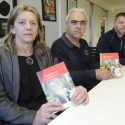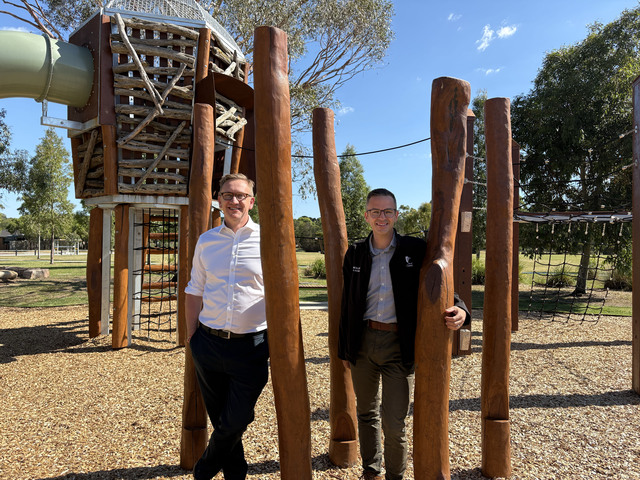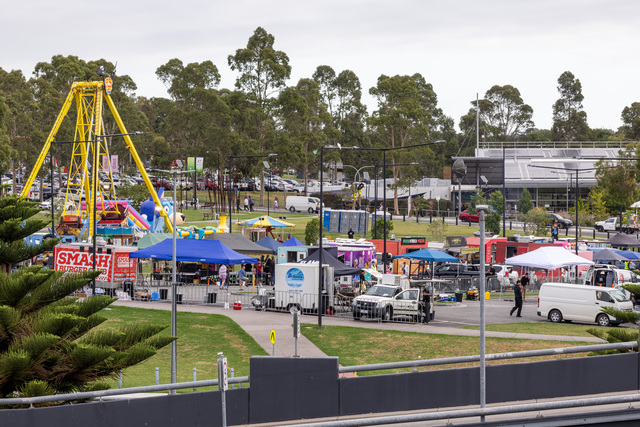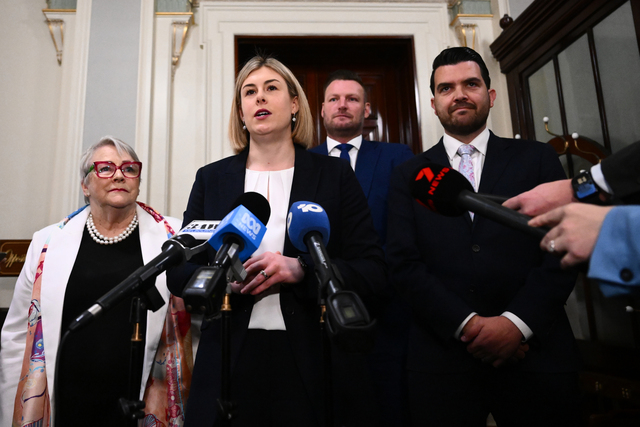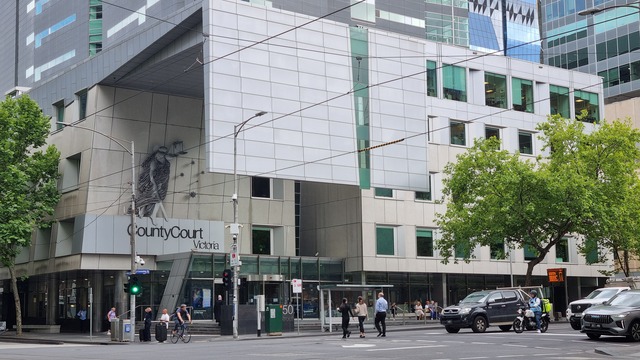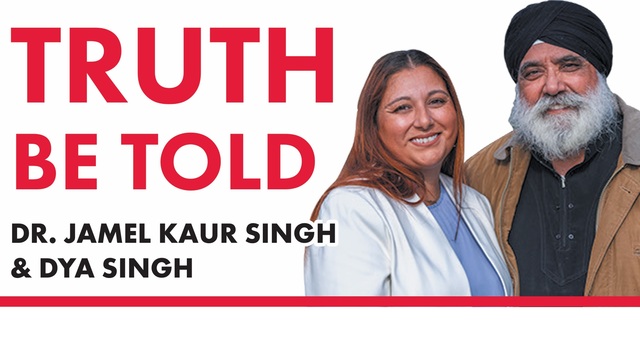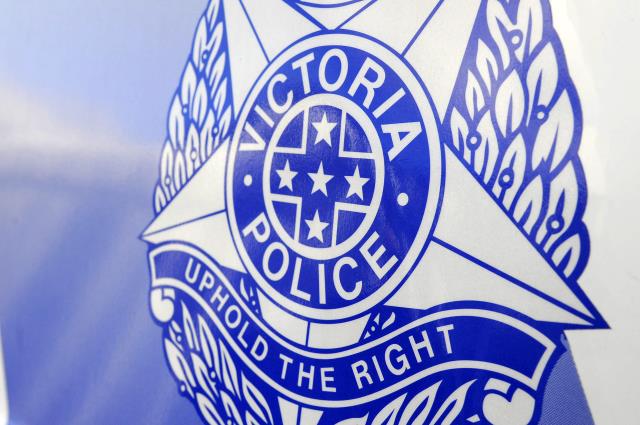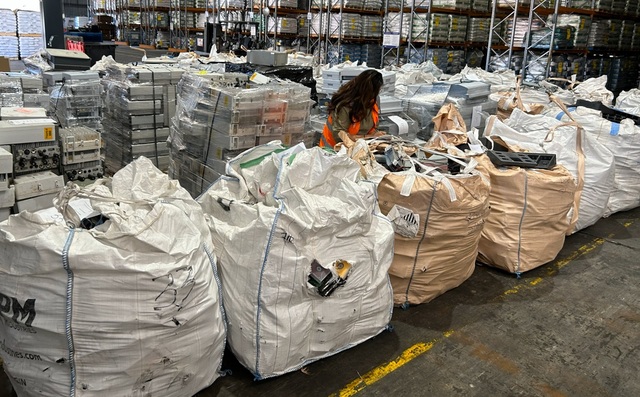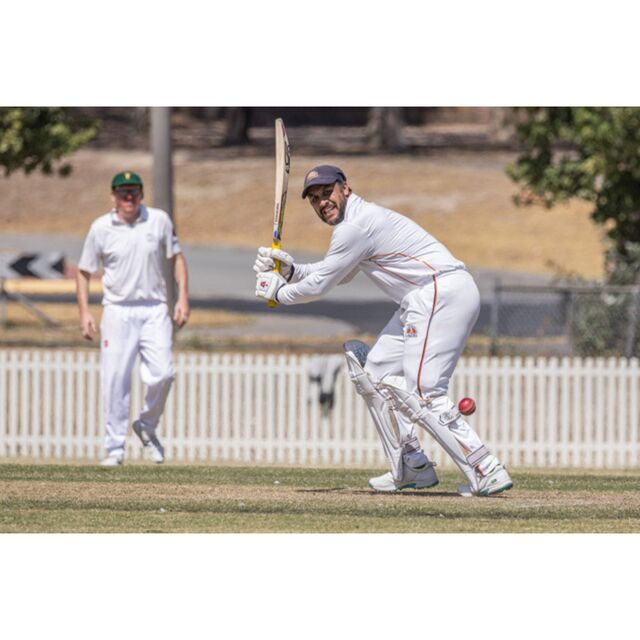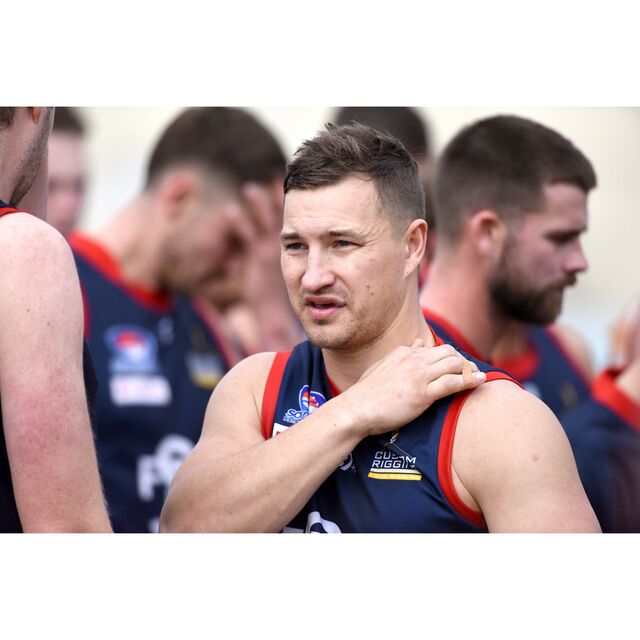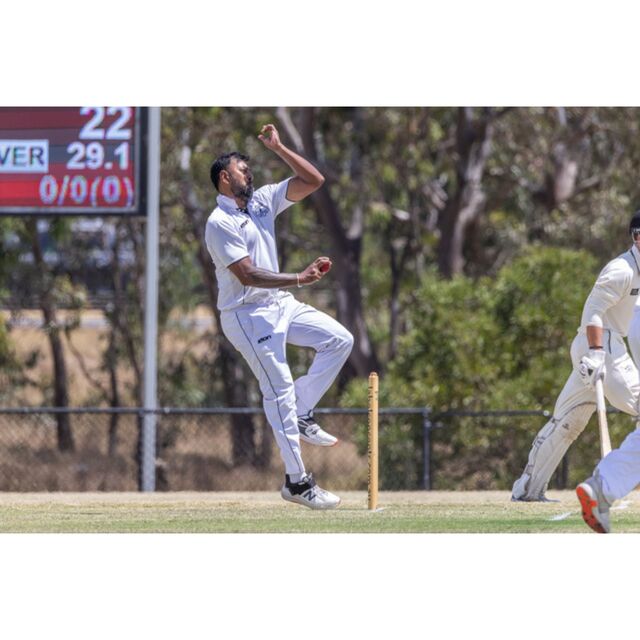By Casey Neill
Boarders in Greater Dandenong’s 100-plus illegal rooming houses are more vulnerable following a State Government funding cut, says a community legal centre.
But the State Government said the Rooming House Outreach Program funding wasn’t being cut, just being redirected into a more comprehensive system.
Peninsula Community Legal Centre provided the program, which ended on Friday 30 June.
It was the only dedicated tenancy support program that went into illegal homes to provide advice and support to residents.
It also helped to identify where illegal rooming houses were and systematically reported illegal operators to bring dodgy properties into the legal registration system.
There are 87 registered rooming houses in Greater Dandenong, a number that’s grown over the past decade as house prices have increased.
The Tenants Union of Victoria estimated the number of illegal rooming houses in Greater Dandenong at more than 100.
These involve an operator head-leasing a large rundown house and sub-letting each room to a different person or family.
Peninsula Community Legal Centre CEO Jackie Galloway said the centre helped 1237 people in the South East via the Rooming House Outreach Program over the past 12 months.
She said losing the program would cause uncertainty about rights and responsibilities for vulnerable rooming house residents, “particularly during this time of major legislative change for the rooming house sector”.
“This should be a time for additional support for rooming house residents, particularly for those vulnerable community members residing in unregistered, illegal and substandard rooming houses,” she said.
“We urge the State Government to review this decision.”
A spokesperson for Consumer Affairs Minister Marlene Kairouz said the Rooming House Outreach Program would become a more comprehensive, state-wide Tenancy Assistance and Advocacy Program.
“The Rooming House Outreach Program was delivered out of just two metropolitan locations,” they said.
“This new program goes much further by engaging 13 community-based agencies across the state to reach tenants who need help – including many rooming house residents outside of Melbourne.“
The spokesperson said that under the new TAAP funding model, there woulf be 14 full-time equivalent positions available to provide direct and outreach support to vulnerable tenants.
But Ms Galloway said TAAP didn’t have the same community engagement as the old program.
“Under the new program, as we understand it, we won’t have the same capacity to do the same level of visiting rooming houses and welfare checks,” she said.

